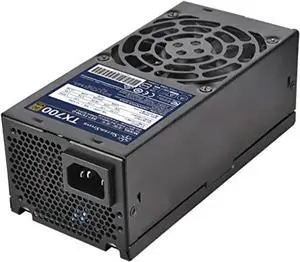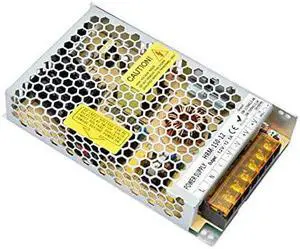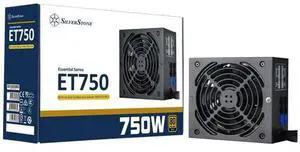SHOP BY Maximum Power
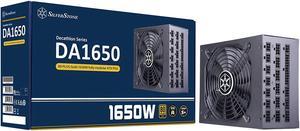
- Model #: LB08WWXNHZQ
- HKD$6,253.01 –
- Free Shipping
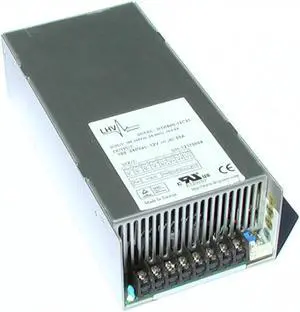
- Model #: HTK600-12C21
- HKD$1,138.09 –
- More options from HKD$1,086.38 - HKD$1,143.58
- Free Shipping
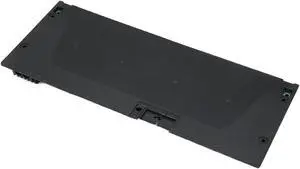
- Model #: LB09RW9KWXJ
- HKD$898.24 –
- More options from HKD$857.94 - HKD$904.00
- Free Shipping
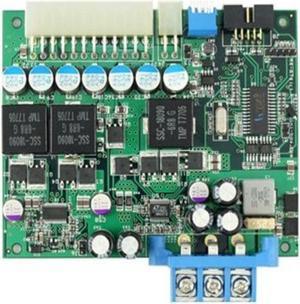
- Model #: 670541635971
- HKD$846.85 –
- More options from HKD$809.00 - HKD$852.68
- Free Shipping
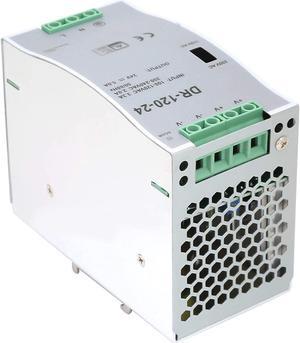
- Model #: LB09PC17PS8
- HKD$718.05 –
- More options from HKD$686.66 - HKD$724.38
- Free Shipping
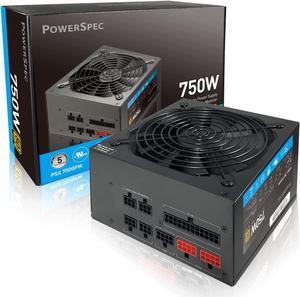
- Model #: LB07FB38B8R
- HKD$1,771.32 –
- Free Shipping
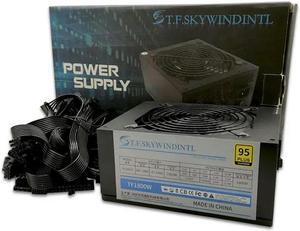
- Model #: 1-0162113
- HKD$1,431.10 –
- Free Shipping
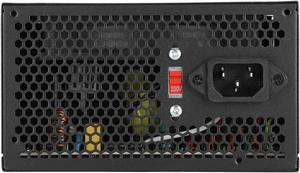
- Model #: LB09QZW5QMB
- HKD$1,009.56 –
- More options from HKD$963.96 - HKD$1,015.20
- Free Shipping
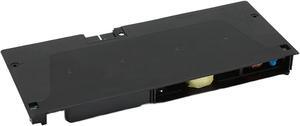
- Model #: LB09RWB5LQR
- HKD$906.80 –
- More options from HKD$866.09 - HKD$912.56
- Free Shipping
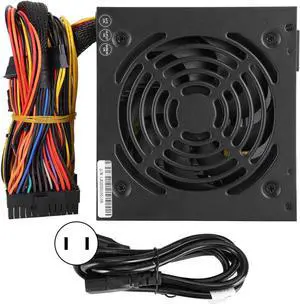
- Model #: LB09S934N99
- HKD$970.22 –
- Free Shipping
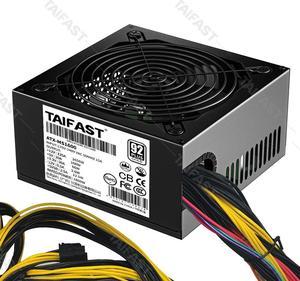
- Model #: Taifast002
- HKD$697.90 –
- Free Shipping
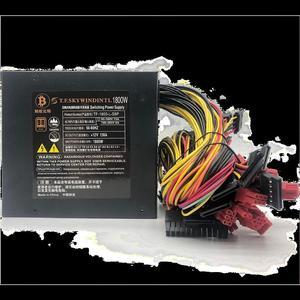
- Model #: ywc-0056554
- HKD$3,095.66 –
- Free Shipping
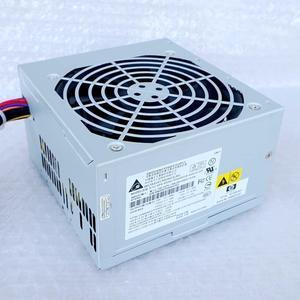
- Model #: LB09L1CL89R
- HKD$1,343.54 –
- More options from HKD$1,282.05 - HKD$1,348.78
- Free Shipping
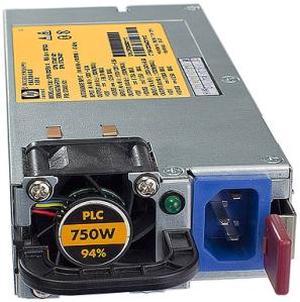
- HKD$417.73 –
- More options from HKD$417.73 - HKD$459.23
- Free Shipping
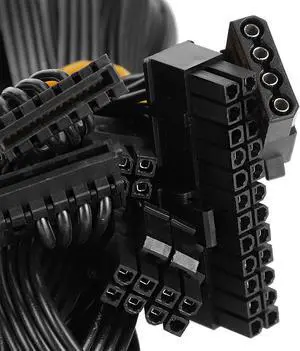
- Model #: LB09QK31FJH
- HKD$1,329.90 –
- Free Shipping
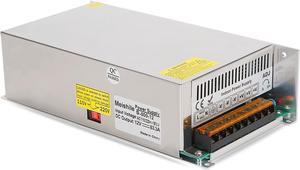
- Model #: LB0781WHMQ7
- HKD$1,526.08 –
- Free Shipping

- Model #: PS-EX550R-GM
- HKD$1,216.08 –
- Free Shipping
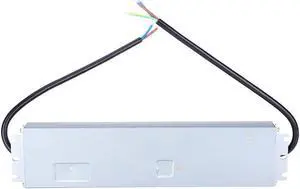
- Model #: LB09PLGSC1M
- HKD$752.29 –
- More options from HKD$719.28 - HKD$758.60
- Free Shipping
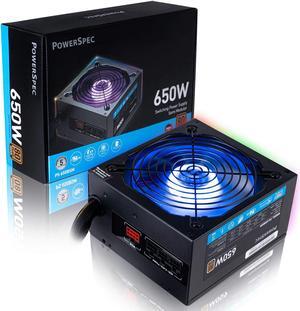
- Model #: LB091YKRHRJ
- HKD$1,164.66 –
- Free Shipping
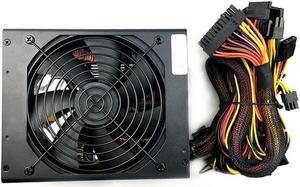
- Model #: 1-0162118
- HKD$1,451.29 –
- Free Shipping
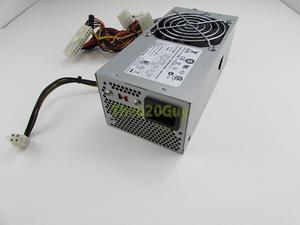
- Model #: LB01JYRFKK4
- HKD$1,092.84 –
- Free Shipping
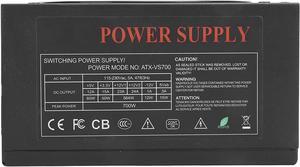
- Model #: LB09RWB4122
- HKD$1,452.51 –
- Free Shipping
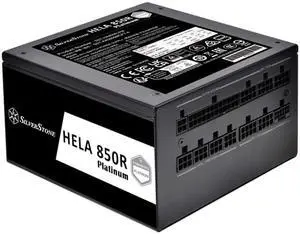
- Model #: HA850R-PM
- HKD$2,204.20 –
- Free Shipping
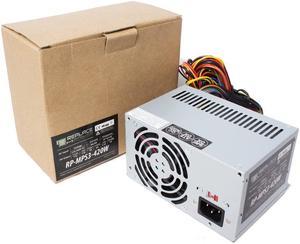
- Model #: LB01079ICVM
- HKD$1,035.62 –
- Free Shipping
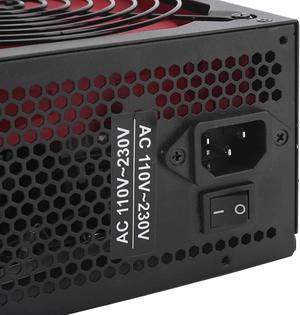
- Model #: LB09RGV3C71
- HKD$1,452.51 –
- More options from HKD$1,452.51 - HKD$1,519.84
- Free Shipping
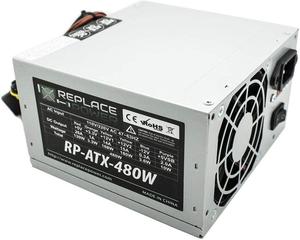
- Model #: LB085NGGDXZ
- HKD$1,035.62 –
- Free Shipping
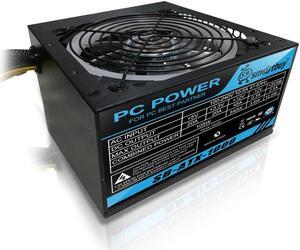
- Model #: LB08PXYX568
- HKD$970.14 –
- Free Shipping
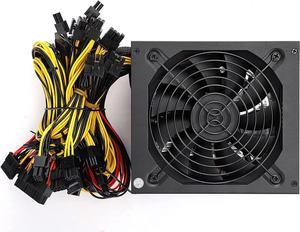
- Model #: LB09P41V26P
- HKD$1,966.04 –
- Free Shipping
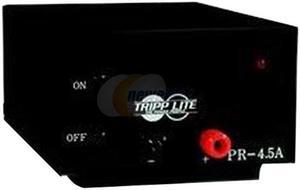
- Model #: PR4.5
- HKD$1,058.37 –
- More options from HKD$895.99 - HKD$1,063.95
- Free Shipping
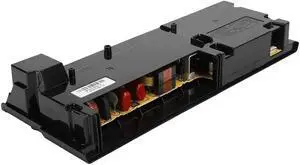
- Model #: LB09SFGQZJQ
- HKD$1,477.04 –
- Free Shipping
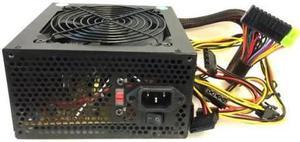
- Model #: LB06XF3H9J3
- HKD$769.40 –
- More options from HKD$735.59 - HKD$775.70
- Free Shipping
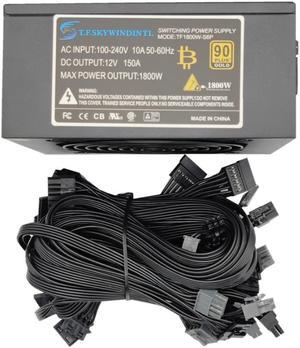
- Model #: ywc-0056527
- HKD$2,079.74 –
- Free Shipping
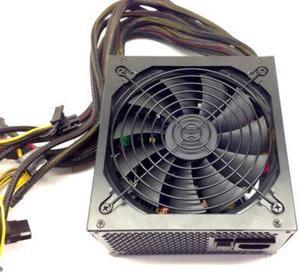
- Model #: LB01HVFEXKY
- HKD$977.92 –
- More options from HKD$977.92 - HKD$1,075.07
- Free Shipping
Computer power supplies convert the alternate current from the power outlets in your home to the direct current your PC uses. They also provide power to the various components of the computer, such as hard drives, fans and optical drives.
ATX Power Supplies Work With ATX Motherboards
ATX power supplies fit ATX motherboards and computer cases. They can provide 300W of power or more. Unlike older computer power supplies, they have a soft switch instead of a physical switch, allowing turning them on and off via software. Most models have SATA connectors, to power hard drives and optical drives. They use a 20-pin power connector.
ATX12V Power Supplies Use a 4-Pin Connector for the Processor
ATX12V power supplies look almost identical to the ATX ones, but they have different power connectors. The ATX12V v1.0 models use a 20-pin main connector, a 4-pin 12V connector for the processor and a 6-pin auxiliary connector. ATX12V v2.0 power supplies use a 24-pin main connector and a 4-pin connector for the processor. These power supplies are the most common in modern computers.
Active and Passive PFC Power Supplies Help You to Save on Energy Bills
Power factor correction (PFC) power supplies reduce the amount of reactive power your computer produces. The components of your PC cannot use reactive power, but energy companies still charge you for it. Active PFC power supplies use electronic circuits, while the passive PFC ones use inductors and capacitors. Both PFC mechanisms also distribute the power more efficiently between the components of your computer.
Non-Modular vs. Fully-Modular and Semi-Modular Power Supplies
Non-modular power supplies are generally cheaper and they feature several cables soldered to the same circuit board. This kind of construction may obstruct airflow and cause overheating inside the computer case. Non-modular PSUs may also look unsightly if your PC case has a window. Semi-modular power supplies have less hardwired cables, so they tend to cause less overheating, avoiding damage to the computer's components. Modular power supplies have no hardwired cables, so you can choose which ones you want to connect. They tend to be more expensive than the other types.
Redundant Power Supplies Prevent Downtime
A redundant power supply system lets your PC use two or more power supplies. Each power supply has the capability of powering the entire computer alone. If one of them stops working, the PC will keep running as normal. It minimizes downtime and prevents damage to the internal PC components. Redundant power supplies are suitable for data center facilities and business environments, where uptime is essential.
Overvoltage and Overcurrent Protection Protect Your PC From Damage
Many quality computer power supplies use protection mechanisms to prevent damage to the components of your PC. Overvoltage protection shuts down the PCU if it exceeds a specified voltage limit. Overcurrent protection, on the other hand, shuts down the PCU if there is excessive current.

